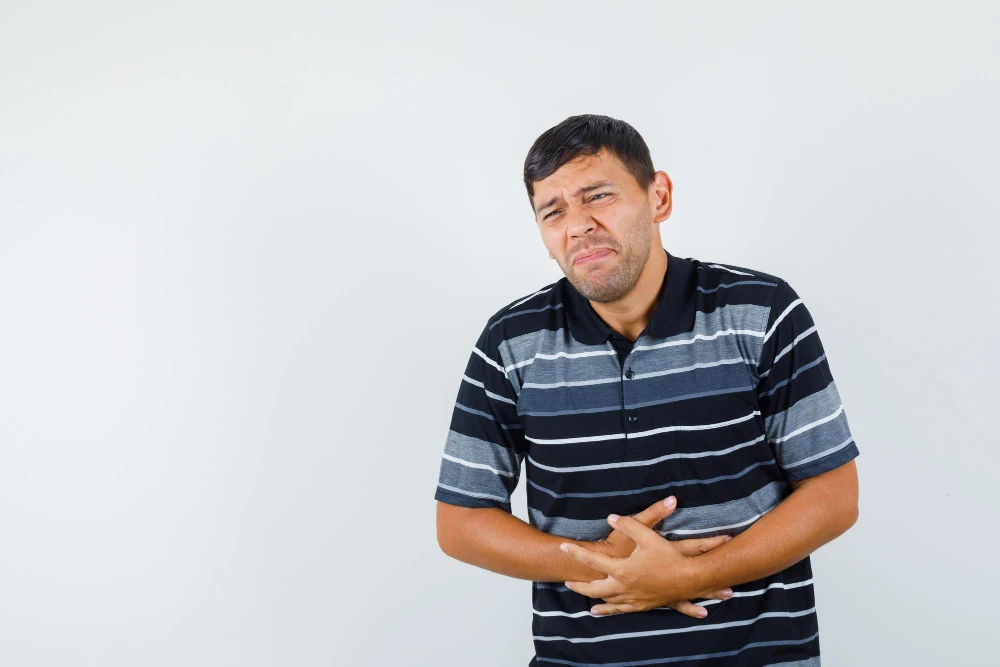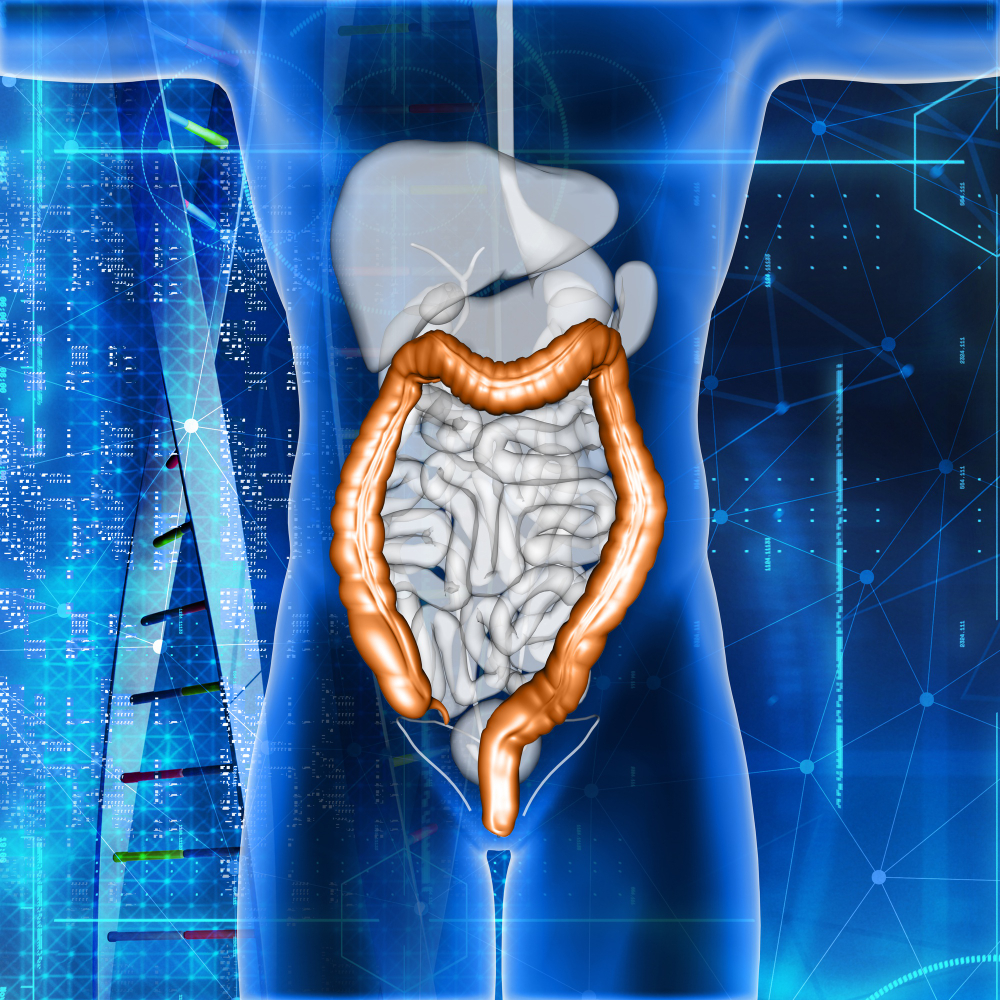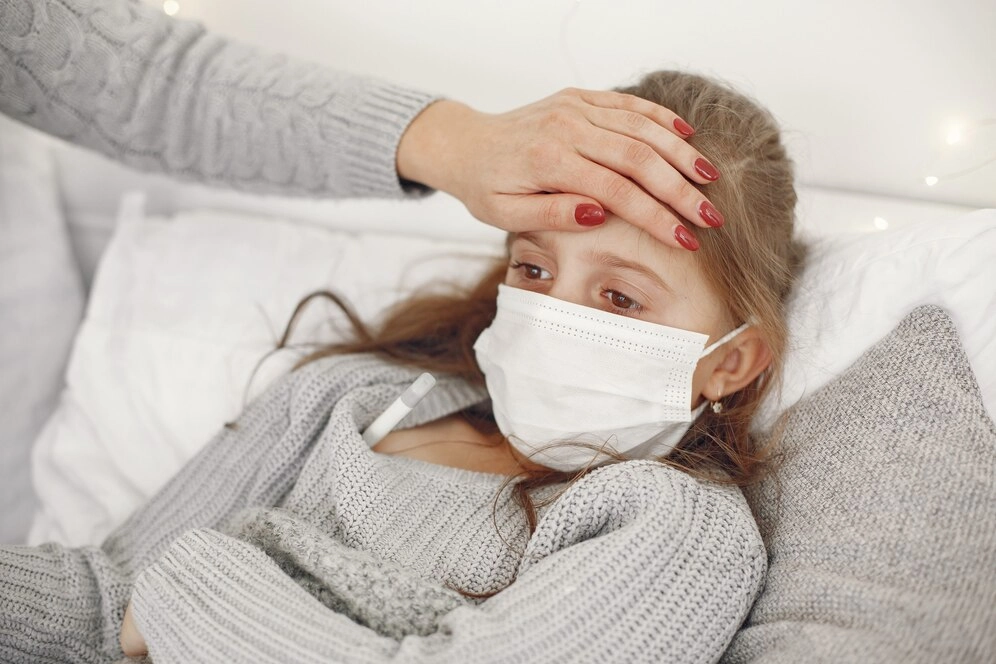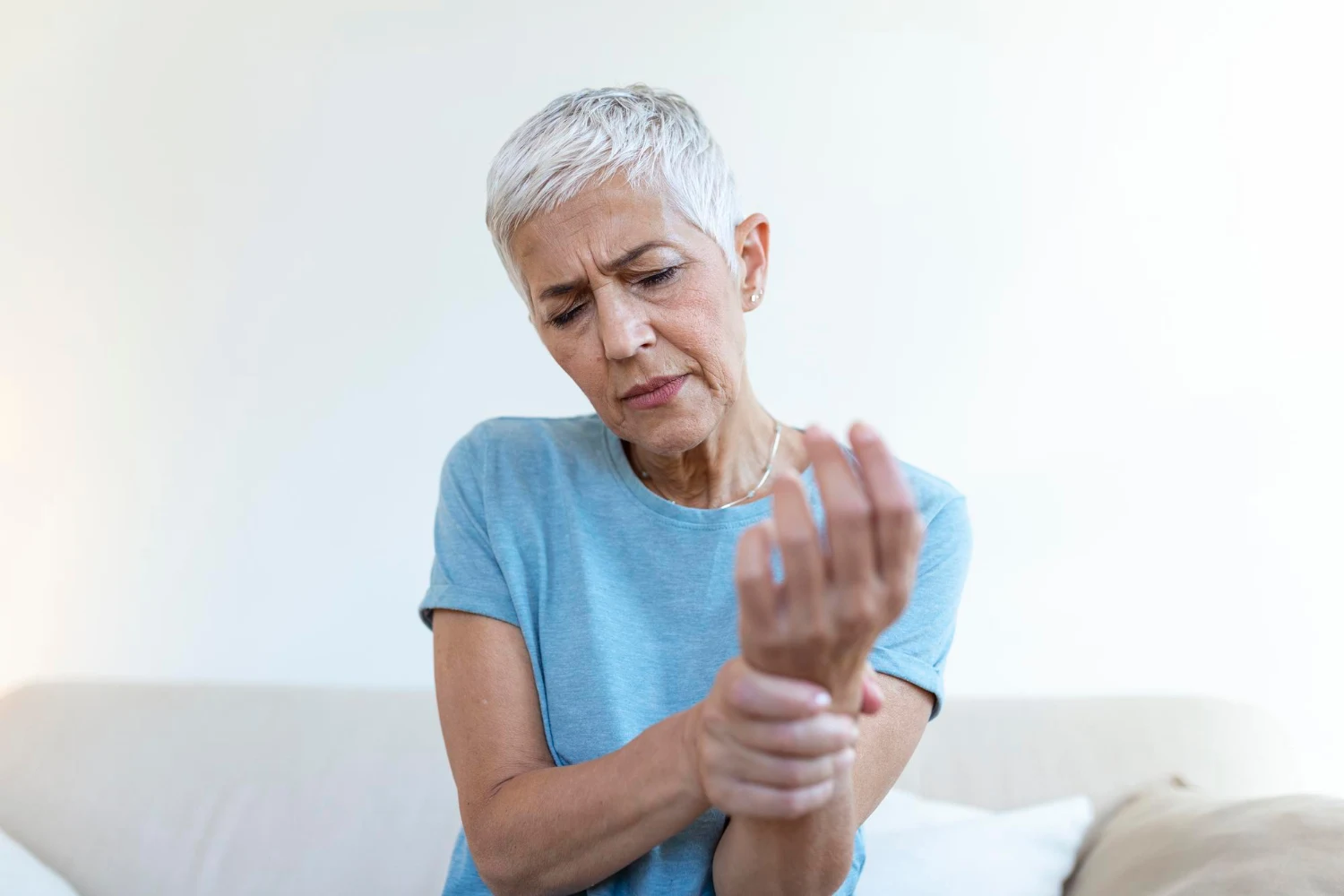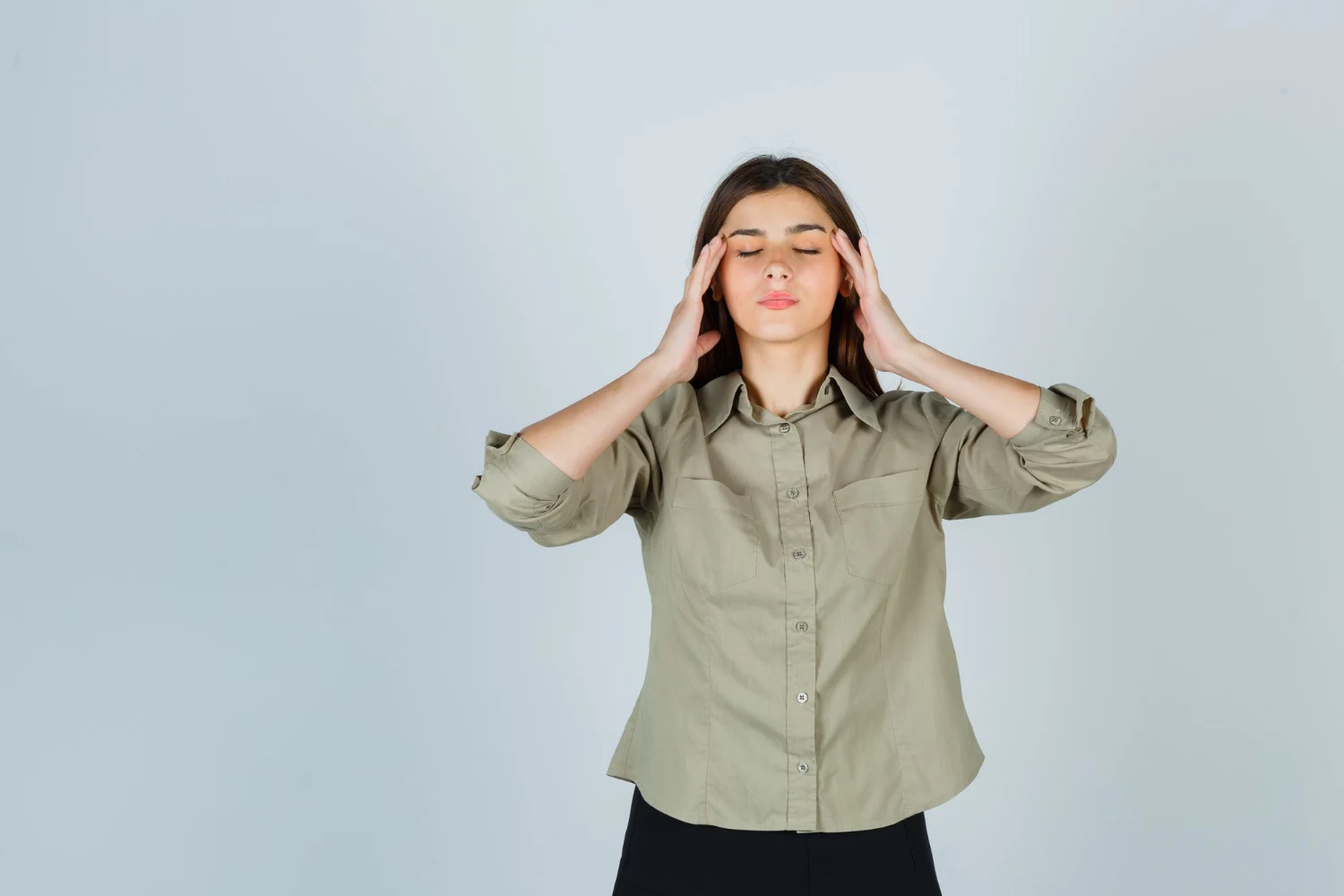What is Ulcerative Colitis? Symptoms, Causes, and Treatment
Category: General medicine
Ulcerative colitis is a chronic inflammatory bowel disease (IBD) that affects the inner lining of the large intestine and rectum. It causes ulcers, bleeding, and inflammation, leading to symptoms such as abdominal pain, diarrhea, fatigue, and unexplained weight loss. While its exact cause is not completely understood, factors like immune system dysfunction, genetics, and environmental triggers play a significant role.
At Lokmanya Hospital, patients receive expert care for ulcerative colitis treatment through a blend of advanced diagnostics, personalized medication plans, and dietary management. With some of the best gastroenterologists in Pune, the hospital focuses on early detection and effective long-term management to help patients lead a healthy, active life despite chronic digestive conditions.
Understanding Ulcerative Colitis
Ulcerative colitis is a long-term condition in which inflammation and ulcers develop in the colon and rectum. Unlike other digestive issues, it tends to flare up periodically, alternating between active symptoms and remission periods. This condition requires continuous monitoring and treatment to prevent complications and maintain digestive balance.
What Causes Ulcerative Colitis?
The causes of ulcerative colitis are multifactorial. Common triggers include:
- Immune system malfunction: The immune system attacks the colon, mistaking food or bacteria for harmful agents.
- Genetic predisposition: Family history increases the risk of developing ulcerative colitis.
- Environmental and lifestyle factors: Stress, infections, and diets low in fiber or high in processed foods can worsen inflammation.
While it cannot be completely prevented, maintaining a balanced diet and reducing stress levels can help manage the condition effectively.
Symptoms of Ulcerative Colitis
- Persistent diarrhea with blood or mucus: One of the most common signs, this occurs due to inflammation and ulceration in the colon lining, leading to frequent loose stools mixed with blood or mucus.
- Abdominal pain and cramping: Inflammation triggers pain and discomfort in the lower abdomen, often worsening before a bowel movement and easing afterward.
- Fatigue and weakness: Chronic inflammation and blood loss from the intestines can cause fatigue, leaving patients feeling weak and drained.
- Weight loss and loss of appetite: Ongoing digestive issues can reduce nutrient absorption and appetite, leading to unintended weight loss over time.
- Frequent bowel movements: The inflamed colon becomes more sensitive, causing an urgent and frequent need to pass stools, sometimes even at night.
- In severe cases, dehydration and anemia: Excessive fluid loss from diarrhea and bleeding can result in dehydration and anemia, requiring prompt medical attention.
In females, ulcerative colitis symptoms may also include menstrual irregularities or worsening digestive discomfort during periods.
Can Ulcerative Colitis Be Cured?
Currently, there is no permanent cure for ulcerative colitis, but with the right treatment, the condition can be effectively managed. Medical therapies help control inflammation, reduce flare-ups, and maintain remission. At Lokmanya Hospital, doctors develop personalized ulcerative colitis treatment plans involving medications, lifestyle changes, and in some cases, surgical intervention for lasting relief.
Can Ulcerative Colitis Cause Cancer?
Yes, long-standing ulcerative colitis can increase the risk of developing colon cancer due to chronic inflammation. Regular screenings and colonoscopies are essential for early detection and prevention. Maintaining remission through effective treatment and a healthy lifestyle significantly reduces this risk.
Ulcerative Colitis Diet: Foods to Avoid
Diet plays a vital role in managing ulcerative colitis. During flare-ups, patients should avoid:
- Spicy and fatty foods
- Caffeine and alcohol
- High-fiber vegetables like cabbage or broccoli
- Dairy products (if lactose intolerant)
- Processed or fried foods
Instead, focus on easily digestible meals, lean proteins, and low-fiber options to ease symptoms and promote gut healing.
Types of Ulcerative Colitis
There are several types of ulcerative colitis, classified based on the affected region of the colon:
- Ulcerative Proctitis: Inflammation limited to the rectum.
- Proctosigmoiditis: Affects the rectum and lower colon.
- Left-sided Colitis: Extends up to the splenic flexure.
- Pancolitis: Affects the entire colon and is often severe.
Proper diagnosis helps tailor treatment to the specific type and severity.
Ulcerative Colitis Surgery
In cases where medication and lifestyle changes fail to control symptoms, ulcerative colitis surgery may be required. The surgical removal of the colon (colectomy) can provide a permanent solution and prevent further complications.
Why Choose Lokmanya Hospital for Ulcerative Colitis Treatment?
At Lokmanya Hospital, patients receive comprehensive ulcerative colitis care from diagnosis to recovery. The hospital is equipped with state-of-the-art diagnostic tools for accurate colon assessment and advanced medical therapies that target the root cause.
The multidisciplinary team, including some of the best gastroenterologists in Pune, offers holistic treatment combining medication, nutrition counseling, and lifestyle guidance. With personalized care and modern facilities, Lokmanya Hospital ensures optimal outcomes for patients seeking reliable and effective ulcerative colitis treatment.
Conclusion
Ulcerative colitis is a chronic inflammatory bowel disease that requires early diagnosis and a personalized approach to management. Through a combination of medication, lifestyle adjustments, and a well-balanced ulcerative colitis diet, symptoms can be controlled effectively, reducing flare-ups and improving overall well-being. Regular monitoring and medical guidance are essential to prevent complications and ensure long-term remission.
At Lokmanya Hospital, patients benefit from the expertise of highly experienced gastroenterologists and evidence-based ulcerative colitis treatment in Pune. The hospital’s multidisciplinary approach, combining medical therapy, nutrition planning, and advanced diagnostic support, ensures comprehensive care tailored to each patient’s needs. With compassionate care and a strong focus on long-term digestive wellness, Lokmanya Hospital continues to be a trusted destination for ulcerative colitis management.
FAQs
1. What is ulcerative colitis?
Ulcerative colitis is a chronic inflammatory condition affecting the colon and rectum, causing ulcers, bleeding, and digestive discomfort.
2. What are the common symptoms of ulcerative colitis?
Symptoms include diarrhea with blood, abdominal pain, fatigue, weight loss, and frequent bowel movements.
3. Can ulcerative colitis be cured completely?
While it cannot be permanently cured, proper medical treatment can control symptoms and maintain remission for long periods.
4. Can ulcerative colitis cause cancer?
Yes, prolonged inflammation increases the risk of colon cancer, making regular screening essential.
5. What foods should I avoid with ulcerative colitis?
Avoid spicy, fried, and high-fiber foods, caffeine, and alcohol during flare-ups.
6. Is surgery necessary for ulcerative colitis?
Surgery is considered when medications fail to manage the condition or complications develop.
7. What are the types of ulcerative colitis?
The main types include ulcerative proctitis, proctosigmoiditis, left-sided colitis, and pancolitis.
8. Which doctor should I consult for ulcerative colitis treatment in Pune?
You should consult a gastroenterologist, and Lokmanya Hospital houses some of the best gastroenterologists in Pune for effective care.
Previous blog

What is Arthritis?
Next blog
